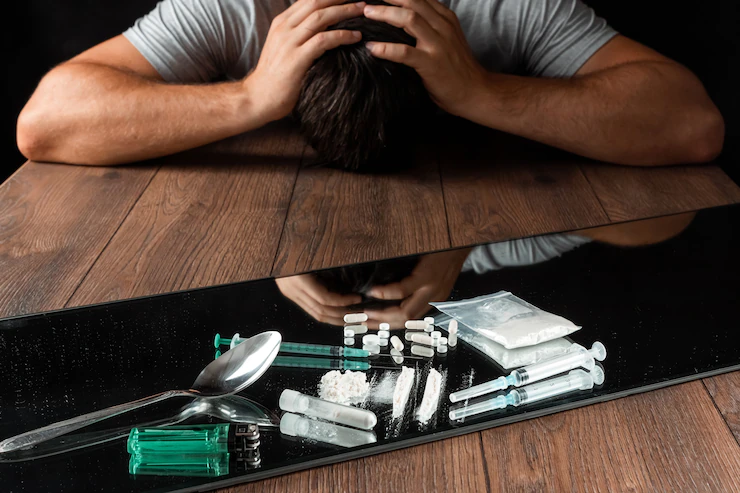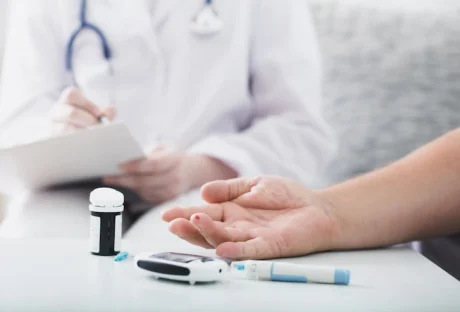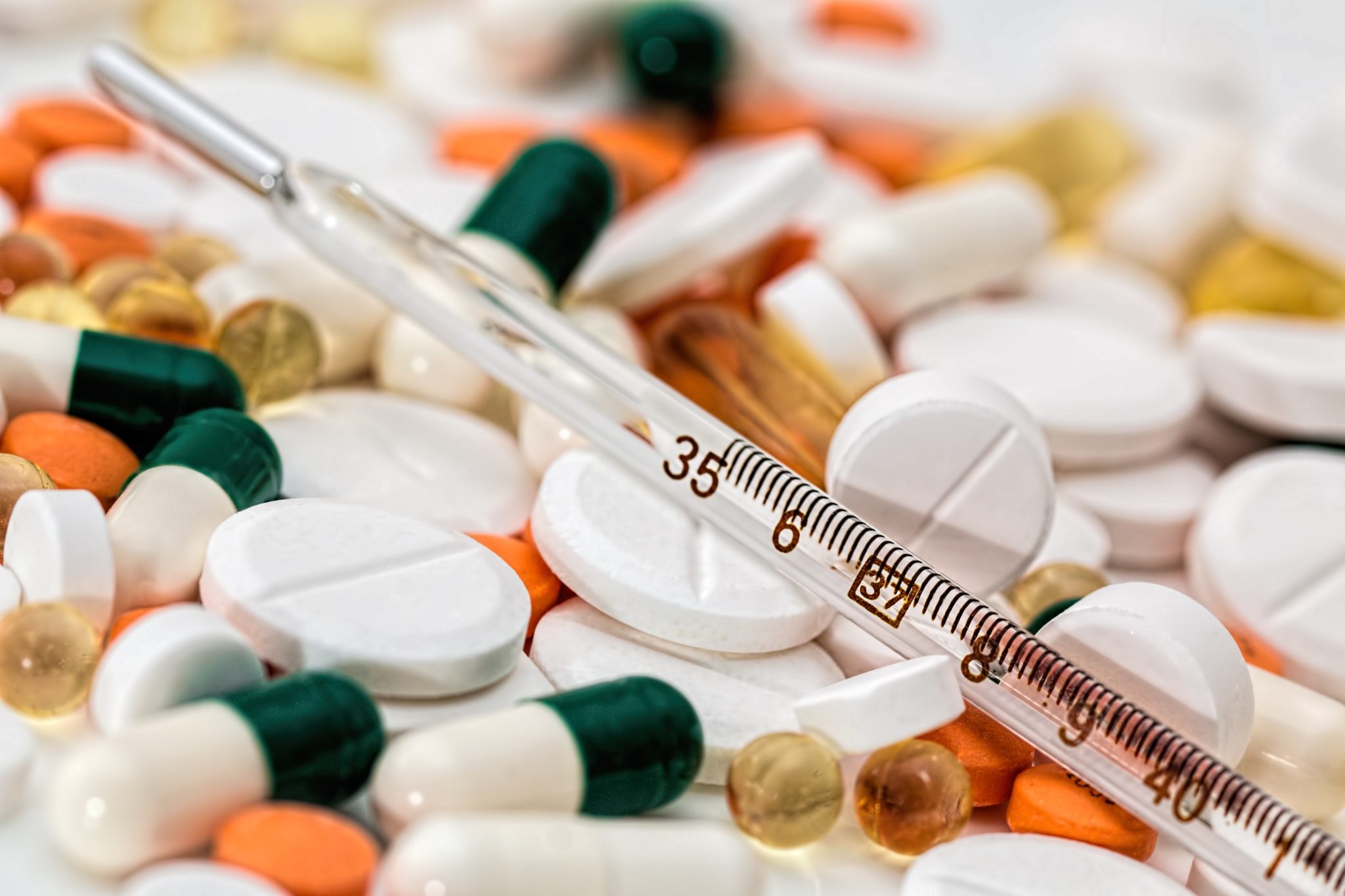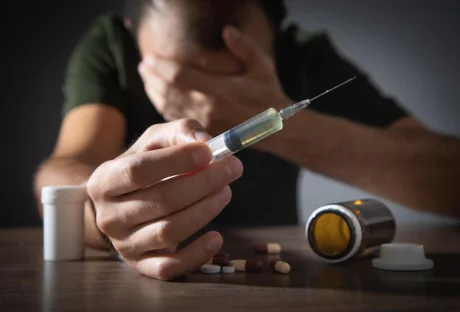Disorders of substance abuse (SUDs) are characterized by structural and functional abnormalities in the brain that lead to a strong desire to use drugs or alcohol regularly.
Despite the fact that it is a chronic mental health condition, it is feasible to attain and maintain sobriety with the appropriate addiction counseling and support.
Recognize that there is an issue and take appropriate action:
It is the most challenging part of the treatment process to admit that you have a problem with alcohol or drugs. In the case of drug addiction problems, the brain is obliged to search for reasons and excuses for continuing to use.
It indicates the strength of character to acknowledge you have a problem and that you are prepared to tackle your dependency and its root causes.
It is possible to obtain assistance from a variety of sources; nonetheless, having a strong support system is essential in whichever therapeutic strategy you choose to choose.
For those who are hesitant to seek assistance from loved ones, a therapist, doctor, or rehabilitation facility may be of assistance to you. Learn more on this link https://www.forbes.com/.
Take a look at your substance abuse problem:
To begin, take a moment to consider what is essential to you, how addiction has harmed you, and how your life will be improved as a consequence of your sobriety or treatment.
In order to reflect effectively, keeping a daily journal is the fastest and most efficient technique available. A notebook can aid you in building plans to address addiction by spotting patterns, triggers, objectives as well as motivators that you may not have otherwise seen.
Make a change in your immediate environment:
Remove from your house and place of employment any objects that serve as visual reminders of your reliance on others.
Identify and avoid any individuals who may encourage you to remain involved with the object of your addiction, such as family members or coworkers (drug, alcohol, or behavior).
If you’re trying to quit drinking, get rid of any bottle openers, booze, wine glasses, as well as corkscrews that you might have around the house or in your car. In order to stop gambling, you should remove all of your gambling materials from your possession.
This includes playing cards, scratch tickets, and poker chips. As a last resort, do not allow anyone else to use or bring indications of the addiction-related drug or activity into your home. This is especially important if you have children.
Take your attention away from potential triggers:
Consider alternatives to using, such as taking a walk or calling a friend or family member to chat, that will keep you entertained until the need to use has passed.
You should prepare yourself to deal with events that may arouse your cravings, such as being in an environment where others are misusing drugs or alcohol.
Examine your prior attempts to quit smoking. Are they successful? Reflect on the aspects of your past attempts that went well and those that did not.
Take a look at the circumstances that may have contributed to the relapse and make any necessary adjustments. Find out more information on this page.
Create a support system of individuals to whom you may turn for help:
Make sure to tell your relatives and friends about your goals and solicit their support and encouragement. You should notify them of your decision to step down. If they use your object of addiction in front of you, tell them that they should not continue to do so.
If you are purchasing drugs from a drug dealer, you should consider alerting him or her that you are stopping and requesting him or her not to call you or sell you narcotics if you are quitting. Try to avoid them as much as possible.
Additionally, you may want to consider speaking with your healthcare provider about the best method for quitting that is appropriate for you and your circumstances.
Depending on your situation, there may be drugs available to you that will make the process simpler for you and increase your chances of success.
Constructing a meaningful drug-free living:
It is possible to preserve your addiction-free status by engaging in activities that you like and that are important to you.
Achieving objectives and having something to look forward to are both essential components of living a fulfilling life.
Maintain touch with people who are recovering from addiction and who are happy and enthusiastic about their situation. Participating in difficult activities such as volunteering or participating in a sport may also be good.
Exercise, sleep, and nutritious food may all help you feel better both physically and psychologically if you follow a regular schedule.
Also, another option is to roll into a rehab facility that will get you clean and help you fight addiction. Be sure to check out Monarch Shores, to learn all there is to know about these facilities.
It is imperative that you avoid those who enable addiction at all costs:
The fact that you are spending plenty of time around drug users will not help you reach your objective of quitting drugs.
If you want to attain your objectives, you should surround yourself with people who are worried about their health and engage in good habits such as jogging, vacationing, eating healthy meals, writing, and striving to fulfill their goals.
Given that you are in path to recovery from addiction, it is quite likely that your closest friends are also in recovery from addiction.
Friends who know you well may be puzzled as to why you are not spending as much time with them as you used to when you are initially starting on your recovery road. Nonetheless, it is critical to maintaining a safe space between you and the other person.
Compulsive behavior can manifest itself in a variety of ways, including sex, food, gambling, and any other sort of addiction. In both your finest and worst moments, your closest friends serve as a reflection of your personality.
Read Also:
























